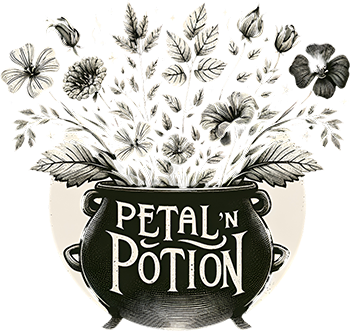F l u k e s
- Quick Search
Flukes, belonging to the trematode category, are parasitic flatworms notable for their distinctive leaf-like shape. Commonly known as liver flukes or blood flukes, depending on the species, these parasites pose a health risk to mammals, including humans, across various regions globally.

Removal Methods
To combat fluke infestations effectively, Petal n Potion offers a specially formulated tincture. This product is crafted using the natural antiparasitic properties of herbs like black walnut, garlic, and ginger, providing a chemical-free solution to eliminate flukes from the body.
Benefits of Removal
Removing flukes can lead to significant health improvements, including alleviation of abdominal and urinary symptoms, enhanced liver function, and an overall boost in vitality. Early treatment also minimizes the risk of severe complications associated with prolonged infections.
Location in the Body
Flukes typically inhabit the liver, bile ducts, and sometimes the intestines. Blood flukes, on the other hand, can be found in blood vessels near the bladder and intestines, with their location varying based on the species and infection stage.
Effects on the System
Fluke infections can lead to serious health issues, including liver inflammation, fibrosis, and bile duct blockages, manifesting as abdominal pain, jaundice, and fatigue. Blood flukes may cause urinary and intestinal problems, such as blood in urine or stool, potentially leading to more severe complications if untreated.
Life Cycle
The life cycle of flukes is intricate, often involving multiple hosts. It begins with eggs released into the environment via the host’s feces. These eggs hatch into larvae, which then infect a snail as an intermediate host. Inside the snail, they develop into another larval stage, eventually leaving the snail to find a mammalian host.
Life Timeline
- Egg Stage: Eggs are expelled through the host’s feces.
- Larval Stage: Eggs hatch in water; larvae infect a snail.
- Intermediate Larvae: Develop within the snail and are released to infect a mammal.
- Adult Stage: Inside a mammal, larvae mature into adult flukes residing in the liver or bloodstream.
Preventative measures against fluke infections include avoiding raw or undercooked freshwater fish and practicing good hygiene. An intriguing aspect of flukes is their prolific egg production, highlighting the necessity of early detection and treatment to prevent extensive infestations.

